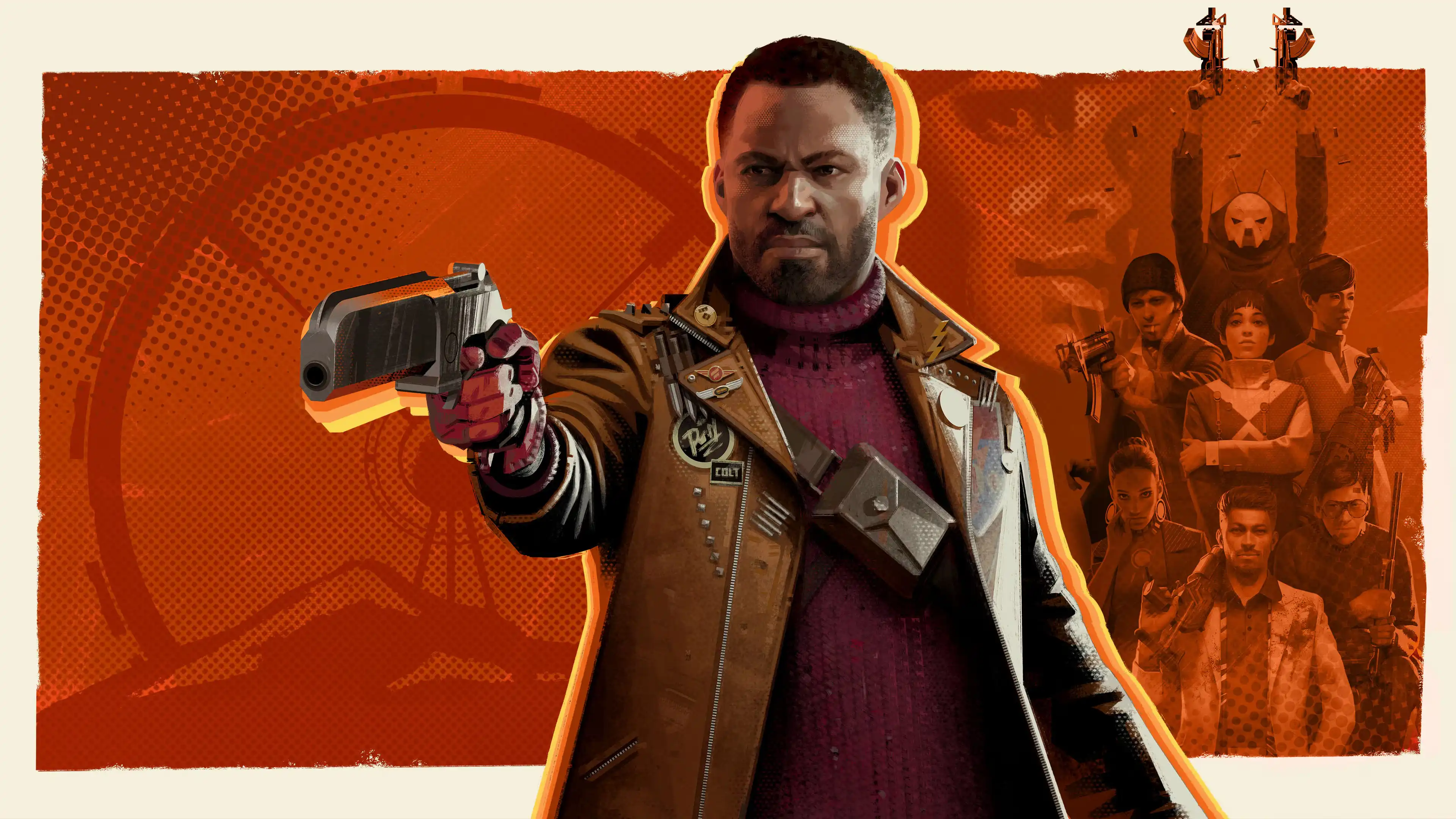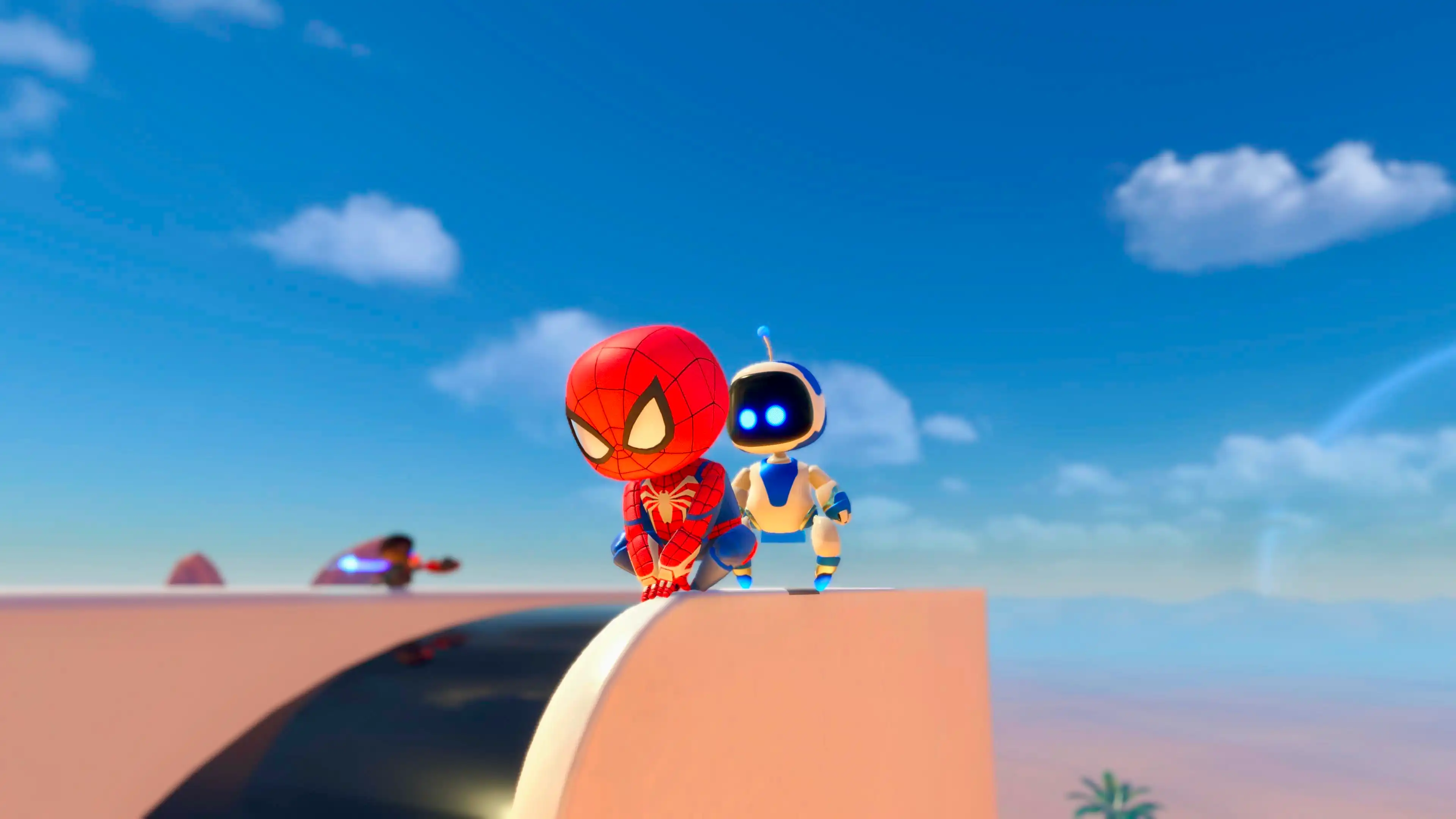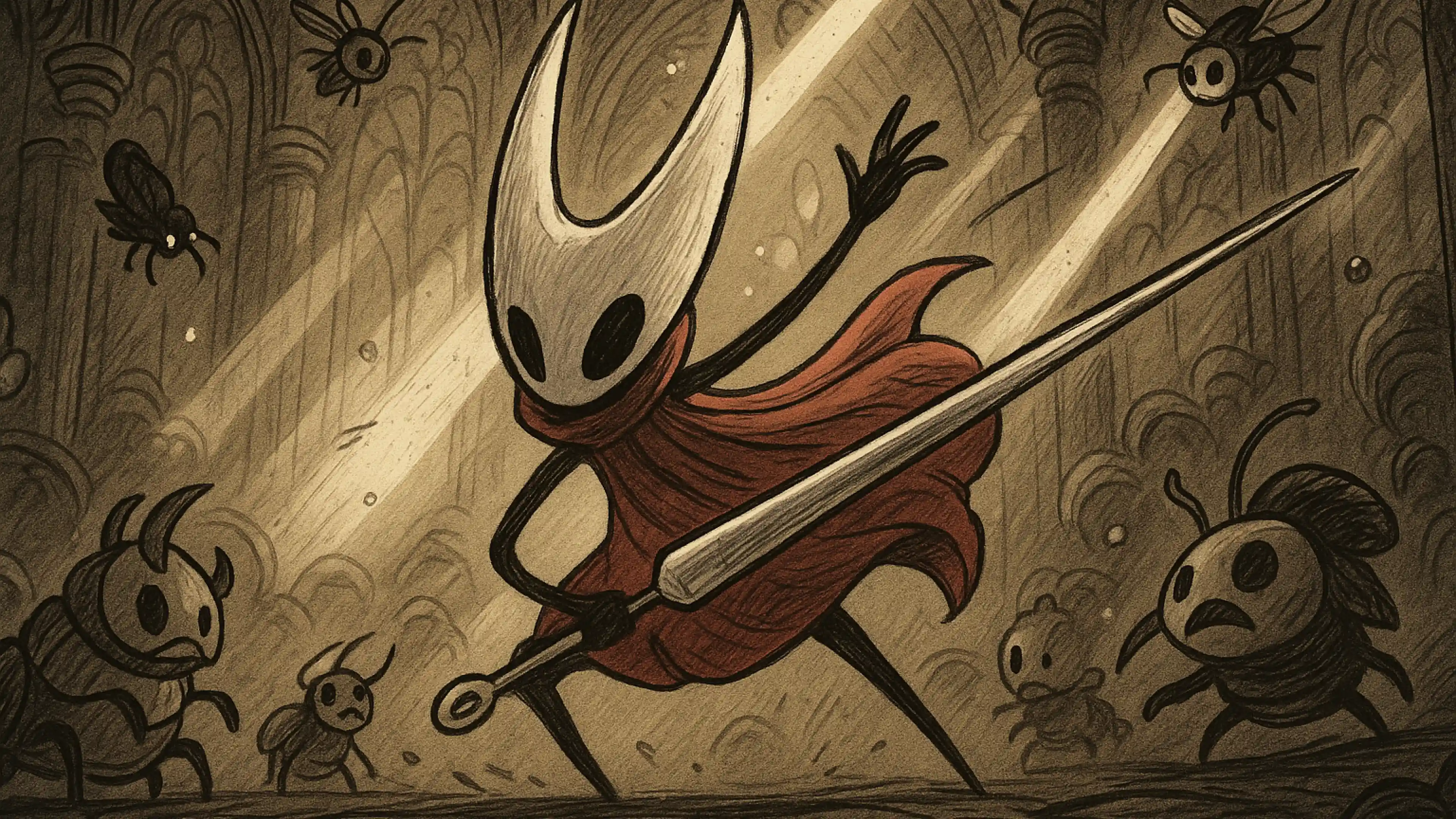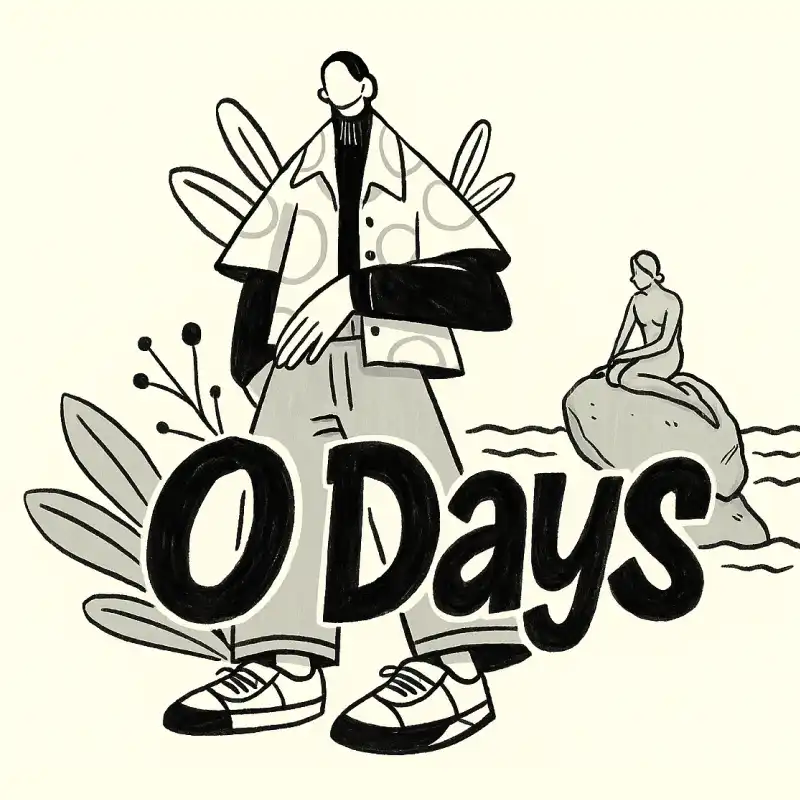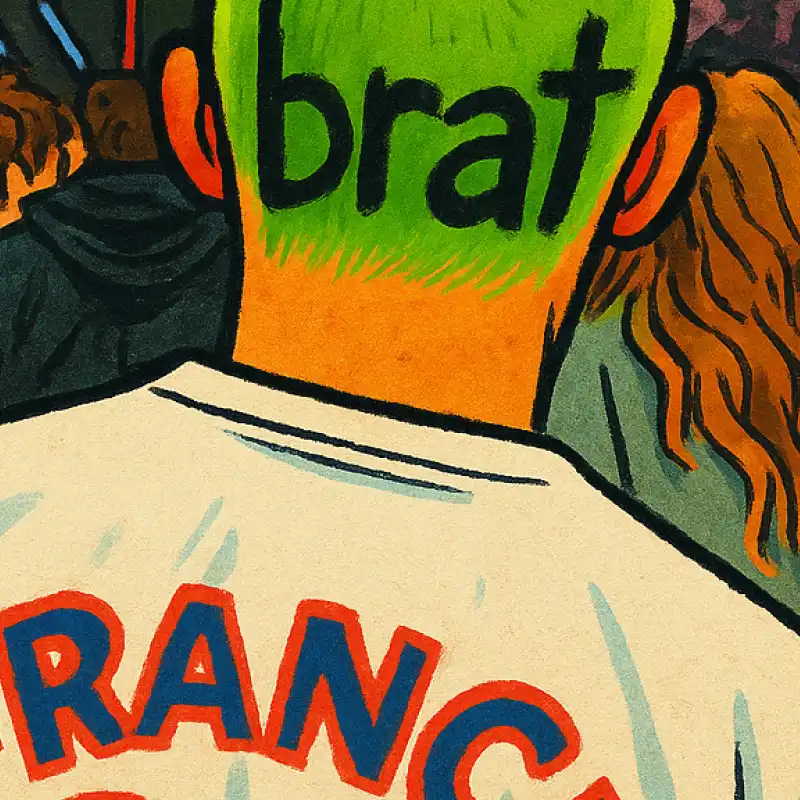Deathloop takes place like a murderous Groundhog Day, where protagonist Colt balances memory loss and the curse of being the only one who remembers what's going on. An existential paradox disguised as an action game.
One star
Two stars
Three stars
Four stars
Five stars
Disclaimer: Apropos Magazine received access or a review copy. As always, we share our own impressions — unfiltered.
Six stars
There will always be an exciting dimension in exploring how things will play out if there are small changes in time. Butterfly effects, sliding doors and time flows. Small actions can quickly disprove determinism. Or can they? Nocturnal hauntings of “what if” scenarios are taken seriously by Deathloop. Not just as a narrative, but as a system.
You wake up confused on a beach, and already here the tone is set. A long, well-constructed tutorial builds up the scene with surgical precision. You're confused, defenseless -- and when you die, the day starts all over again. Thus encouraged. There isn't a nice feeling at first, and Colt is clearly uncomfortable with everything around him. It's reminiscent of the same disturbing panic as in Majora's Mask, where you desperately try to save the world while the moon slowly tumbles down on you. The kind of frustration that almost becomes existential. It sounds like a loop, but it feels like a prison. Not because it's unfair, but because it's infinite.
Gradually, you will learn to navigate the loop. You gather information, find patterns, and try to understand how you can break out. Colt can remember what has happened in the past, and you can save notes on characters, routes and mysteries for the upcoming loops. You must defeat your enemies one by one, and over and over again. The repetition is both punishment and realization.
The time system is elegant. There are four phases -- morning, noon, afternoon and evening -- and time actually stands still until you choose to move on. Each area changes depending on the time: the weapons, the behavior of the enemies, the sound environment, even the architecture. And there are consequences. Things you do in the morning will create small ripple effects later in the day.
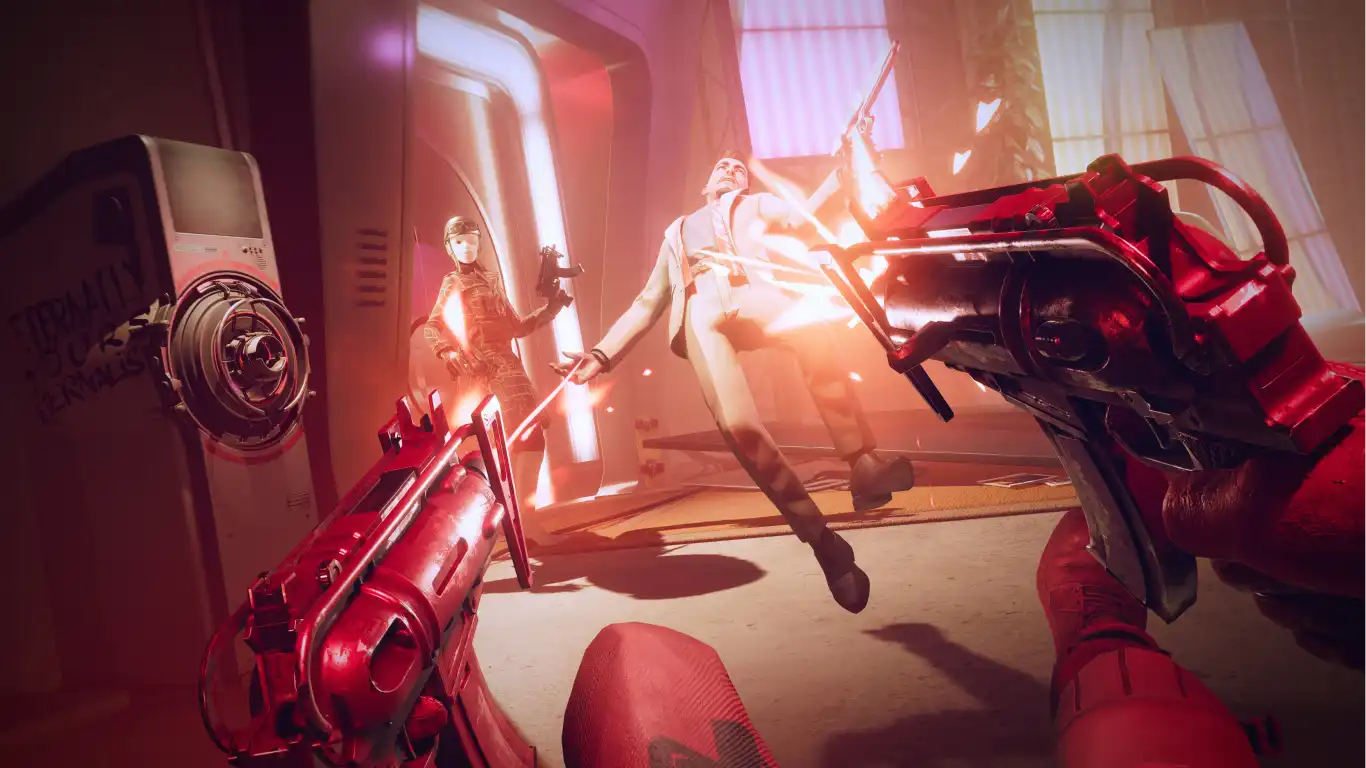
You will play through the same areas ad nauseum, yet with constant variation. You continuously get the opportunity to collect weapons and Slabs that you can save for the next day. The Slabs are reminiscent of the abilities of Dishonored — which makes sense since it's the same studio — but where in Dishonored you were punished with rat invasions for their brutality, it doesn't matter here. Everything will be forgotten the next day anyway. It gives an almost liberating leeway to experiment with your skills and combine them in new, absurd setups. Where back then you were punished for killing too many, here you are rewarded for trying again. The consequences are gone -- and it feels stunningly liberating.
The game actively encourages you to find your favorite kit. To perfect a plan, break it, and start over. There's an almost meditative rhythm to that cycle. Because there are no consequences, the desire to experiment becomes enormous. The Slabs can also be upgraded by performing the same liquidations, creating a constant momentum — one becomes stronger, more efficient, and more determined with each passing day.
The goal will be to complete the perfect day. To plan the ideal loop in which everything is done in one fluid motion. It feels like an inverted Cluedo conundrum: who is going to die, when, and how to assemble all the pieces in one day? But you just have to take Juliana into account.
Juliana is the only other character who knows the truth. She breaks the system. She shows up when you least expect it—arrogant, unpredictable, and with her own Slabs. Sometimes she sneaks in, other times she attacks directly, and her put-up feels like having a chessboard toppled over her. She ruins plans, and that's exactly why she operates. Her presence makes Deathloop come alive. Colt and Juliana's dialogues are both flirtatious, manipulative and filled with a kind of mutual respect. Their relationship becomes a kind of psychological chess game in which every move counts.
Graphically, the game is a party. A quirky mix of 60s futurism and Bond parody, caricatured villains and absurd interiors. It could be a Tarantino version of Austin Powers -- just with far more killing and existential angst.
And the gameplay? Balanced, sharp and flexible. The weapons feel right, the movement is smooth, and the whole experience feels like an uncompromising laboratory of ideas.
That's the paradox that makes Deathloop so brilliant: you want to break the loop, but you want to stay in it at the same time. With each pass, you get smarter -- not just on the game, but on yourself. You feel the frustration, the compulsion, the little payback in doing something different, even when everything in the world is trying to hold you down. Because every time you wake up on the beach, you understand a little more. About the world, about Juliana, about yourself. You start thinking in patterns, in loops, in habits. You notice how often you repeat things yourself — in everyday life, in relationships, at work. Deathloop becomes a mirror. It feels like laying out a puzzle where the pieces change shape every time you look away. A game that reveals how little free will really feels like freedom.
Deathloop is one of the best and most original games ever made. A perfect balance between mechanics, narrative and philosophy. A game that makes you think about choice, time, free will -- and why we even repeat the same mistakes when we could finally choose differently. All disguised as a stylish FPS.
This is not a recommendation. It's a necessity. You think you're playing to win. But in reality, you're playing to understand why you keep going. A loop you have to get into before you understand why you don't want to get out again.


